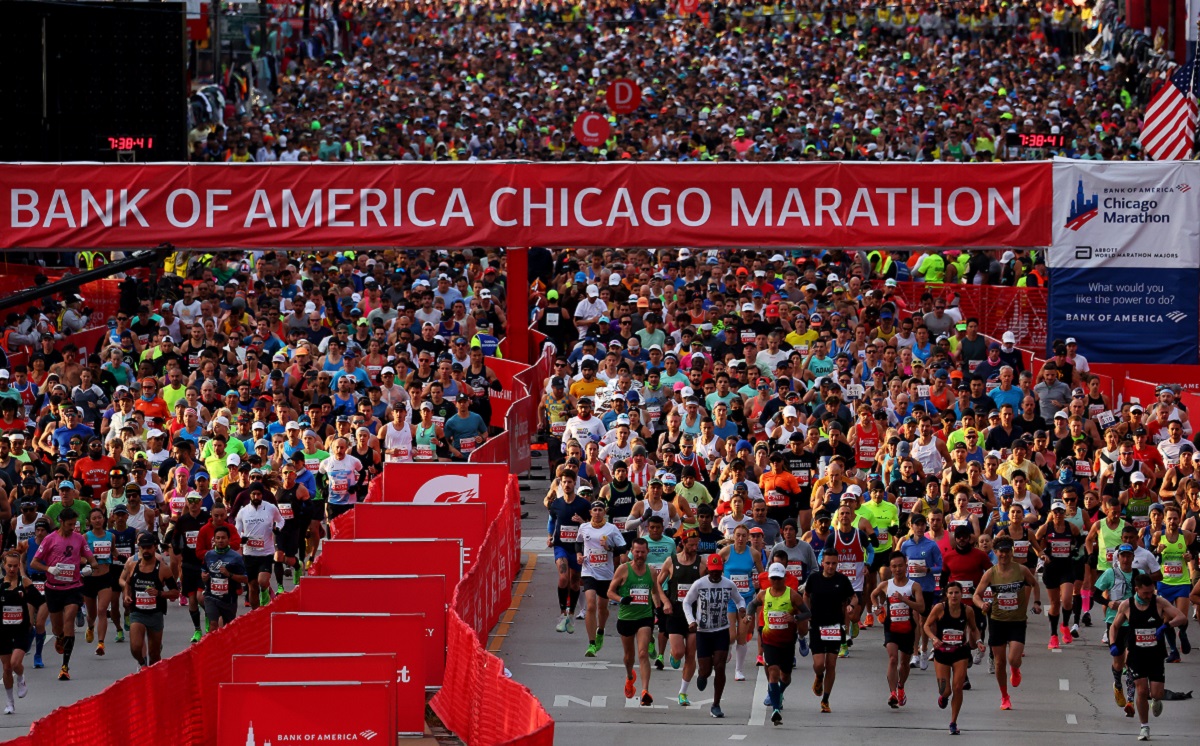ShotSpotter, Chicago's controversial gunshot detection technology, was in the process of being dismantled Monday, hours after its contract expired with the city.
Mayor Brandon Johnson earlier this year made the announcement that he would not renew the city's contract with SoundThinking, the company behind the technology, which relies on an artificial intelligence algorithm and a network of some 2,500 microphone sensors to identify gunshots. The system then sends that data to police.
During a City Council meeting last week, 33 alderpersons attempted to override Johnson to give the police superintendent the ability to decide to keep the tech. Ultimately, City Council came out one vote shy of an override, and Johnson vowed to veto that attempt.
Hours before the contract -- which was extended from February to September -- expiration deadline of midnight struck, Johnson issued a "Request for Information" plan to gather recommendations on first responder technology.
According to the announcement, RFI submissions are "encouraged from qualified vendors with extensive experience in first responder response technology."
"We're going to see what else is on the market," Deputy Mayor Garien Gatewood told NBC Chicago Monday morning. Gatewood added that a working group had formed to look into "multiple pieces of technology that might make sense" for the city, versus SoundThinking's one.
"We want to make sure people have the opportunity to have their voices heard and then we really want to see what options are available for the city of Chicago," Gatewood said.
Local
NBC 5's Lisa Chavarria pressed Gatewood on the group's budget, noting that Johnson had referred to ShotSpotter as "$100 million walkie-talkies on sticks." Chavarria also asked Gatewood why the Request for Information was only announced hours before the contract expired.
"We need to explore the options in front of us," Gatewood said in response to Chavarria's questions. "That's the goal of the working group."
Feeling out of the loop? We'll catch you up on the Chicago news you need to know. Sign up for the weekly> Chicago Catch-Up newsletter.
According to the Mayor's office, the group includes city and non-city employees who will gather feedback to see what could work in communities. Some of the options include victim prevention assistance, and increasing funding for street level outreach like violence interrupters.
Meanwhile, some aldermen believe the RFI was issued too late.
"He issues an RFI, this should have been done months ago," 36th Ward Ald. Gilbert Villegas said to NBC Chicago. "It will take anywhere from 3-4 months for RFI responses to be evaluated and months more before an RFP will be advertised. Once RFP is responded to by firms interested, tack on another 3-6 months. Poor planning once again."
The Chicago Police Department issued a statement on ending the use of ShotSpotter technology, saying, in part, "This does not change our commitment to public safety and building stronger neighborhoods for all of our residents."
"CPD frequently adjusts our public safety efforts based on the needs of our residents and the resources available to us. This is no different," the department said. "As we move forward, we remind residents to call 911 with as much information and detail as possible when they hear loud reports that could resemble gunfire. It’s imperative that we all do our part to keep our city safe and protect our families."
ShotShpotter reviews are mixed
An NBC 5 Investigates’ review on studies published on ShotSpotter show the reviews have been mixed.
An August 2021 study from the Chicago Office of Inspector General found that ShotSpotter “alerts rarely produce evidence of a gun-related crime, rarely give rise to investigatory stops and even less frequently lead to the recovery of gun crime-related evidence.”
Two months later, in October 2021, the Journal of Urban Health published a study that reviewed the impact ShotSpotter had on gun-related homicides, murder and weapons arrests in 68 metropolitan areas between 1999 and 2016. That study found “ShotSpotter technology has no significant impact on firearm-related homicides or arrest outcomes. Policy solutions may represent a more cost-effective measure to reduce urban firearm violence,” the study read.
During a council committee hearing earlier this month, former CPD Supt. Eddie Johnson and a corporate vice president from SoundThinking spoke to aldermen about the technology – pointing to newly released data compiled with the help of Chicago police and the City’s Office of Emergency Operations and Communications that showed between January and August of this year – ShotSpotter detected 29,829 “alerts” which led to the recovery of 29,214 shell casings and 470 firearms recovered.
It did not provide a specific breakdown on how many gun shots were detected per “alert” or if the guns recovered were in close proximity to where the shots were detected.
The data also purported that ShotSpotter alerts led to faster response times than caller-only reports of gunfire.
According to a spokesperson for the Mayor's Office, as of Aug. 14, the city of Chicago had spent $53,117,770.35 on the technology.



